Below is a table summarizing the recommended use of vaccines during pregnancy in the U.S. Included in this table is information most relevant to women of child-bearing age for certain vaccines. For more information about these vaccines and their use outside of pregnancy, please see the individual summaries on the following pages, or the websites listed below.
The American College of Obstetricians and Gynecologists (ACOG) provides information on vaccinating during pregnancy at the following website: http://immunizationforwomen.org/ providers/pregnancy/pregnancy.php. The Centers for Disease Control and Prevention (CDC) lists guidelines for vaccinating during pregnancy at the following website: https://www.cdc.gov/vaccines/pregnancy/hcp/guidelines.html.
| Vaccines and Pregnancy | ||
| Vaccine | Indication During Pregnancy | Relevant Information |
| Hepatitis A | Not routinely recommended during pregnancy | The low theoretical risk of vaccination should be weighed against the risk of hepatitis A infection among pregnant individuals at high risk of exposure. |
| Hepatitis B | Not routinely recommended during pregnancy | In order to prevent perinatal hepatitis B infection, all pregnant individuals should be routinely screened for hepatitis B surface antigen (HBsAg), and subsequent postexposure immunoprophylaxis should be administered to infants born to women who are HBsAg-positive or of unknown HBsAg status. |
| Herpes Zoster | Contraindicated during pregnancy | |
| Human Papillomavirus (HPV) | Not routinely recommended during pregnancy | If a woman is discovered to be pregnant after receiving HPV vaccine, no intervention is indicated. The remaining doses in the series should be delayed until after the pregnancy. |
| Inactivated Influenza Vaccine (IIV) | Routinely recommended during pregnancy | Pregnant individuals and young children are at increased risk of complications and hospitalizations from influenza. |
| Live Attenuated Influenza Vaccine (LAIV) | Contraindicated during pregnancy | |
| Measles, Mumps and Rubella (MMR) | Contraindicated during pregnancy | Vaccination against rubella is emphasized for all non-pregnant individuals of childbearing age, especially those born outside of the U.S. Those without evidence of immunity should be given MMR vaccine, excluding women who are pregnant or currently attempting to become pregnant. Pregnancy should be avoided for at least 4 weeks following MMR vaccination; however, inadvertent MMR vaccination should not be considered an indication for termination of the pregnancy. |
| Meningococcal | Not routinely recommended during pregnancy | Pregnancy should not preclude indicated MenACWY vaccination. MenB vaccination should be deferred in pregnant and lactating women unless they are at increased risk and the benefits of vaccination outweigh the potential risks. |
| Pneumococcal | Not routinely recommended during pregnancy | Individuals who are at high risk of pneumococcal disease should be vaccinated before pregnancy, if possible. |
| Inactivated Polio Vaccine (IPV) | Not routinely recommended during pregnancy | Vaccination of pregnant individuals with IPV should generally be avoided. However, if a pregnant individual is at increased risk for polio infection and requires immediate protection, IPV can be administered in accordance with the recommended schedule. |
| Tetanus, Diphtheria and Pertussis (Tdap) | Routinely recommended during pregnancy | Most deaths from pertussis occur in the first few months of life prior to receipt of routine infant vaccines against pertussis. Vaccination with Tdap during pregnancy helps protect infants from pertussis. |
| Varicella | Contraindicated during pregnancy | Pregnancy should be avoided for at least 4 weeks following varicella vaccination; however, inadvertent varicella vaccination should not be considered an indication for termination of the pregnancy. |

